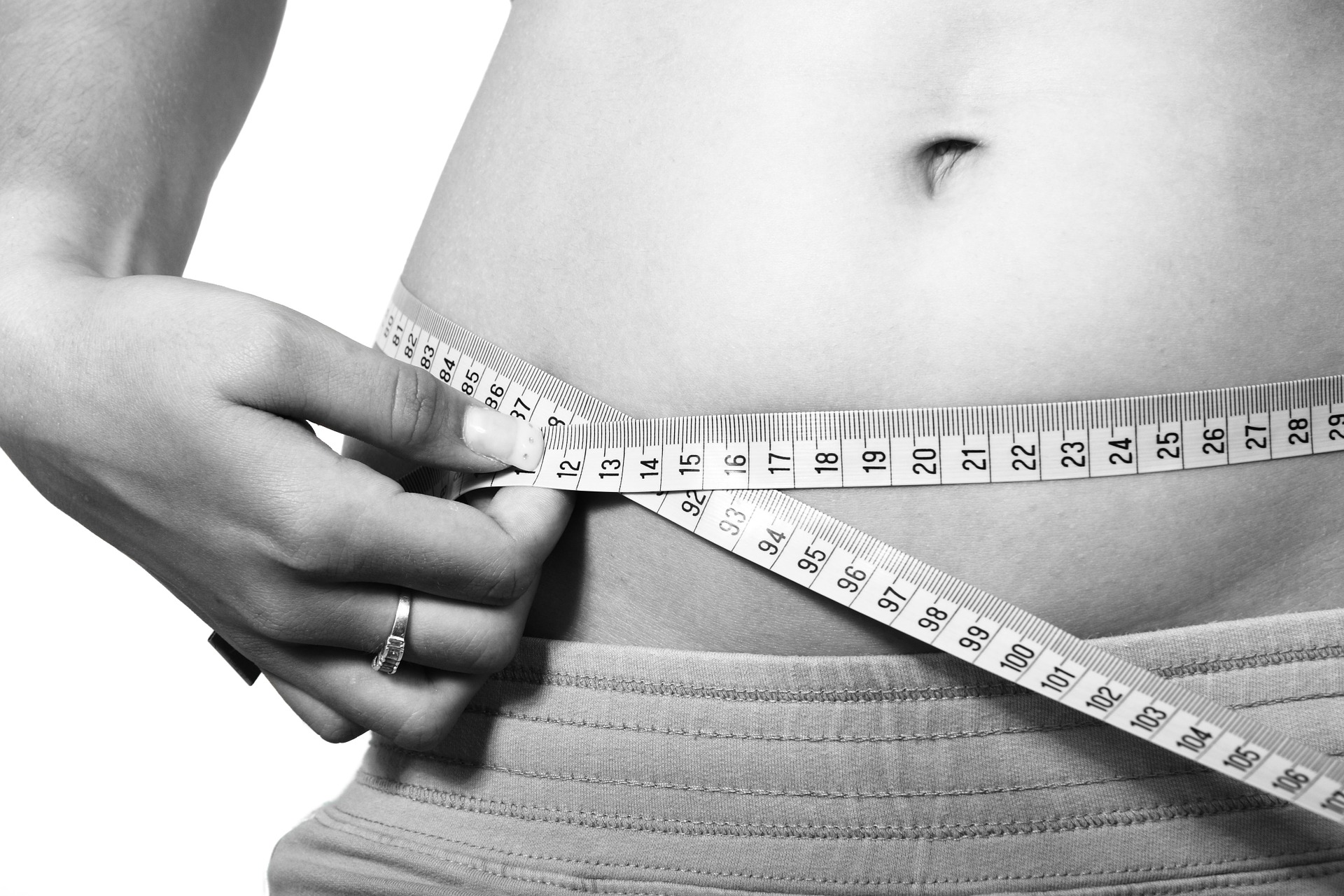What makes people fat?
The food that you eat is converted into energy in your body to power metabolic functions and physical activity. Consuming more food than your body needs causes the excess energy to be converted into fat cells. The excess fat makes the “spare tire” around your stomach, the oversized seat cushions on you backside, or your bulky legs.
If you have put on weight in this way there is no quick fix to reverse it. That is the first thing you will have to tell yourself, but there is a way forward.
In order to lose fat end excess weight permanently you need to do it slowly. Make small adjustments to your food and increase your activity level. It is all about your metabolism (conversion of food to energy) and how effective that conversion is.
The best way to up your metabolism is to exercise regularly. The metabolism naturally picks up and remains elevated for some time even when you slow down. So, even at rest you are burning more calories thanks to the recent exercise !
What happens when you start dieting?
Metabolism is affected by the amount of food we eat. If we suddenly start to eat less this signals to the body that there must be less food available, and as a means of self preservation our “basal metabolic rate” (BMR) decreases (slows down) to conserve energy.
The problem with this is that when we diet we cut down on calorie consumption (our food) and the body goes into starvation mode – our metabolic rate is slowed down to compensate for the lack of energy. A slower metabolism also means our bodies produce less energy and we become fatigued easily and feel hungry. This makes a diet even more difficult as you must eat even less to get the weight down thanks to your slowing metabolism. If you then ease your diet and start eating more you quickly gain back all the previous losses you have made. Your metabolism has decreased, and by the time it has caught up again you are back to your old weight plus, most likely, some more on top.
WHY FAT is important
Overeating any food will add kilos to you waistline. Three essential nutrients gives us energy and calories – fats, proteins and carbohydrates.
Every gram of protein we eat, whether it comes from meat or wheat, supplies our bodies with 4 calories.
Carbohydrate, which is the primary energy source in vegetables, fruit and grains, also supplies 4 calories per gram.
Fat however, supplies more than twice of the calories of protein or carbohydrate – 9 calories per gram.
You could say lets drop some of the fat, but there are some important things you need to know first.
Fats are important food components and without them we would suffer some nutrient deficiencies. It is through the fats in our food that we get fat-soluble vitamins (vitamins A,D,E,and K) and beta-carotene. Research has shown that these nutrients protect us from many diseases, including cancer and heart disease. Fats are required in our food to obtain and absorb these nutrients. and some fats are considered essential because our body can not make them from other nutrients.
Health organizations recommend that we should get 30% of our daily calories from fat.
Fat that does not stick
So, here is the good news about coconut oil !
Replacing some of your fat intake with coconut oil can help you loose weight.
When we eat fat, the fat is broken down into individual fatty acids and repackaged into small bundles of fat and protein called lipoproteins. These lipoproteins are sent into the bloodstream where the fatty acids are deposited directly into our fat cells.
Other nutrients, such as carbohydrates and protein, are broken down and used immediately for energy or tissue building. Only when we eat too much is the excess carbohydrate and protein converted into fat. It is only between meals, when physical activity outpaces energy reserves, that fat is removed from storage and burned for fuel to power our bodies.
The difference with coconut oil is that the MCFA (medium chain fatty acids) in the oil is digested and utilized differently by the body. The fatty acids are not packaged up into lipoproteins and do not circulate in the bloodstream like other fats. Instead, they are sent directly to the liver where they are converted into energy just like a carbohydrate.
When you consume coconut oil, the body uses it immediately to make energy rather than storing it as body fat.
Another thing that the MCFA in coconut oil does is to shift your body’s metabolism into higher gear, causing you to burn more calories. MCFA are easily absorbed and rapidly burned and used as energy for the body’s metabolism, thus increasing metabolic activity and even burning some of the stored fat.
So, you can help yourself lose weight by replacing some of the other fats in your diet with coconut oil !
For more in depth information I about diet, coconut oil and it’s benefits I recommend the following book:
“The Healing Miracles of Coconut Oil”, by Bruce Fife N.D.

